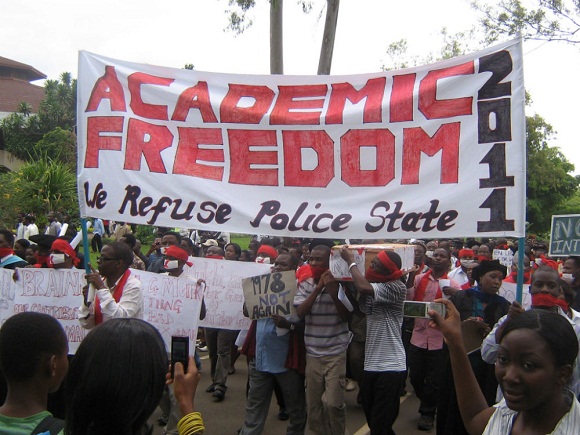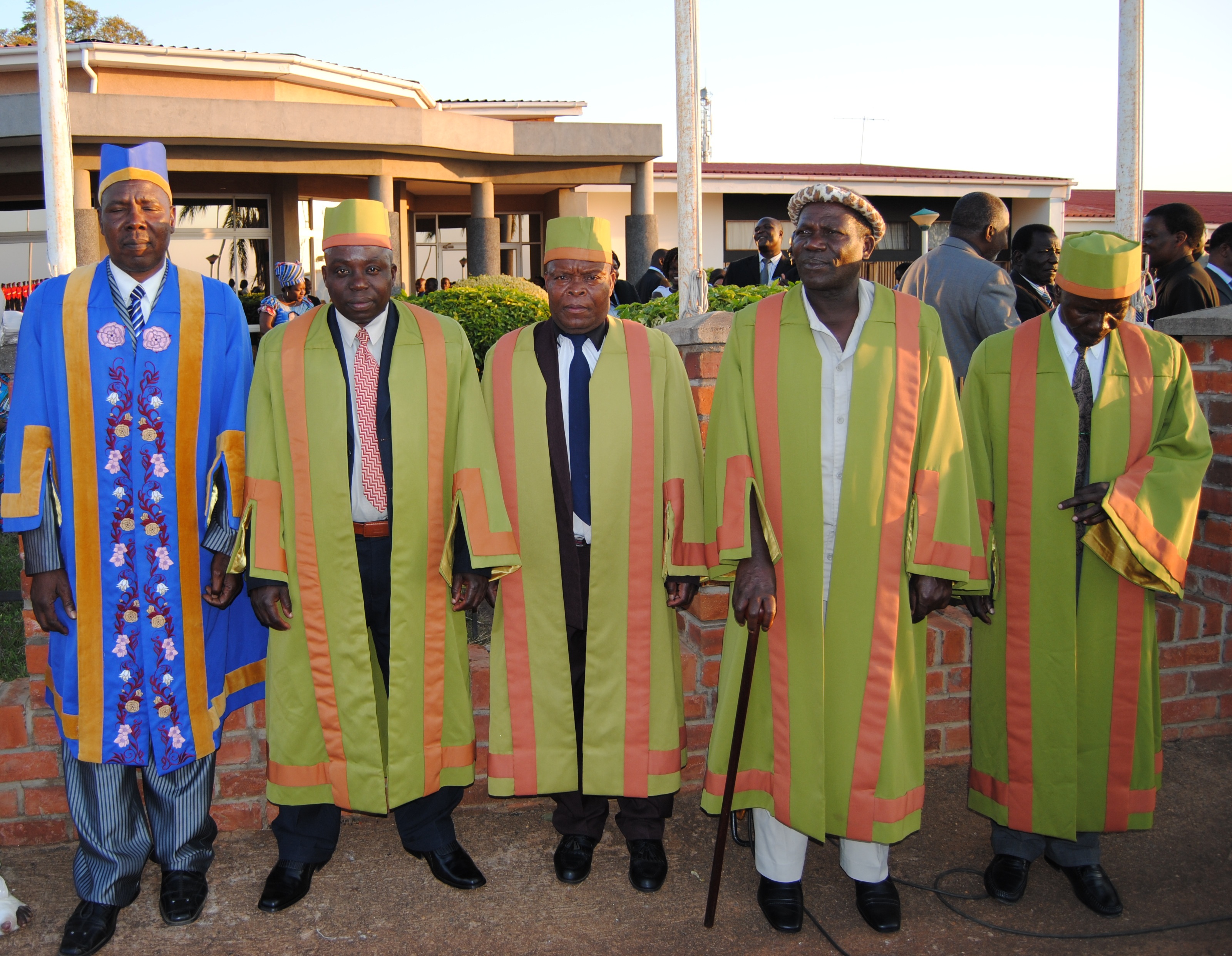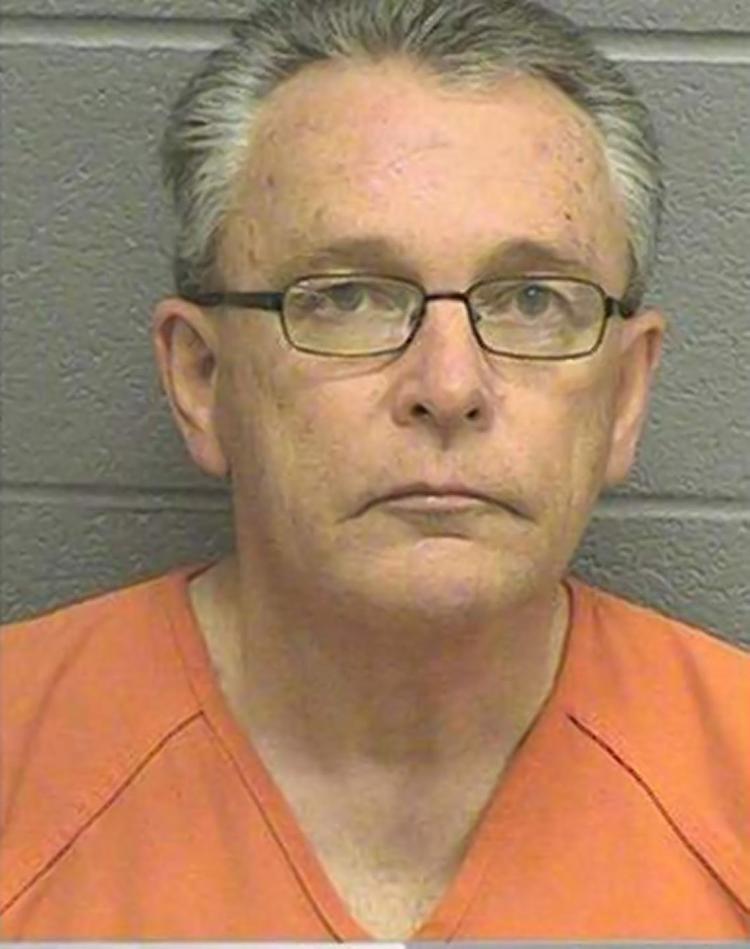 The future of the Presidential Commission of Inquiry into the causes of Academic Freedom wrangles that ensued in the University of Malawi is hanging in balance with the two sides rocked in a blame game over who is delaying to bring the case to court.
The future of the Presidential Commission of Inquiry into the causes of Academic Freedom wrangles that ensued in the University of Malawi is hanging in balance with the two sides rocked in a blame game over who is delaying to bring the case to court.
The wrangle over academic freedom led to the closure of Chancellor College for almost nine months. But after Mutharika ordered the reopening of the college, he also instituted an inquiry on academic freedom.
But Chancellor College Academic Staff Union (Ccasu) immediately obtained an injunction against the inquiry which had just commenced its work. The group argued that the commission had no legal mandate to define Academic Freedom which is enshrined in the Constitution pending a judicial review.
The commission was being chaired by former Unima Vice Chancellor Professor Brown Chimphamba whose members included Professor Moira Chimombo, lawyer Krishna Savjan, Catholic Bishop Emeritus Felix Mkholi and former civil servant Beaton Munthali with Chief Legal Advocate Bruno Kalemba as Secretary. Its mandate was to look into the root causes of the disputes that characterized the issue at Chancellor College.
Spokesperson for Ministry of Justice Apoche Itimu told Malawi News this week that much as the two sides are considering an out-of-court settlement for the case the hands of the state were tied on the issue and could not be blamed for the delay in the resumption of court case.
“The delay of the case is occasioned by Ccasu who are the applicants as they are enjoying the fruits of the injunction and probably don’t see the need to conclude the matter,” Itimu said.
But Legal Adviser for Ccasu Garton Kamchedzera attributed the delay to the judiciary strike that took almost three months halting all judicial operations in the country until last week when courts reopened.
“As far as Ccasu is concerned, the judicial review case is not yet closed. We would like it to be concluded or settled in a manner that upholds Academic Freedom,” he said.
But Itimu confirmed that the injunction obtained by Ccasu is far-reaching as it has halted all operations of the inquiry making it impossible for members of the team to carry out any other tasks including convening meetings, remarks which were echoed by Kamchedzera.
“This is a blanket injunction, as such the commission cannot do anything until it is lifted by a court of law,” said Itimu.
This has put to rest fears from some quarters of the general public who felt that the commission could be another way of draining public resources which are already on a tight rope.
“Currently, there is a court order to stop the inquiry pending conclusion of a judicial review. Anything connected with the Commission and the inquiry must stop,” said Kamchedzera.
“Any continued use of any human, economic and organisational resources is wrong and a clear abuse of public resources.”
Meanwhile, Kamchedzera maintained Ccasu’s stand that the issue of Academic Freedom is non-negotiable, arguing that authorities should not be jittery of students.
“In so far as we are concerned, any root of the problem is with those who chose to interfere with our Academic Freedom. If they want to find the root of the problem they should do some soul-searching on why they have become paranoid and afraid of people like students and lecturers,” he added.
Asked whether Ccasu’s objections are based on personalities Kamchedzera dismissed the assertions saying, “Our objections to the inquiry are not based on the personalities of the Commissioners. We hold strongly that the issuance of the Commission on the part of the President is an abuse of powers and discretion; unconstitutional; and unlawful.
“We further think the issuance of that Commission is contemptuous and calculated to undermine the authority and integrity of the Judiciary. It is also an attempt to perpetrate the vindictive desires of the University Council and the President.”





No comments! Be the first commenter?